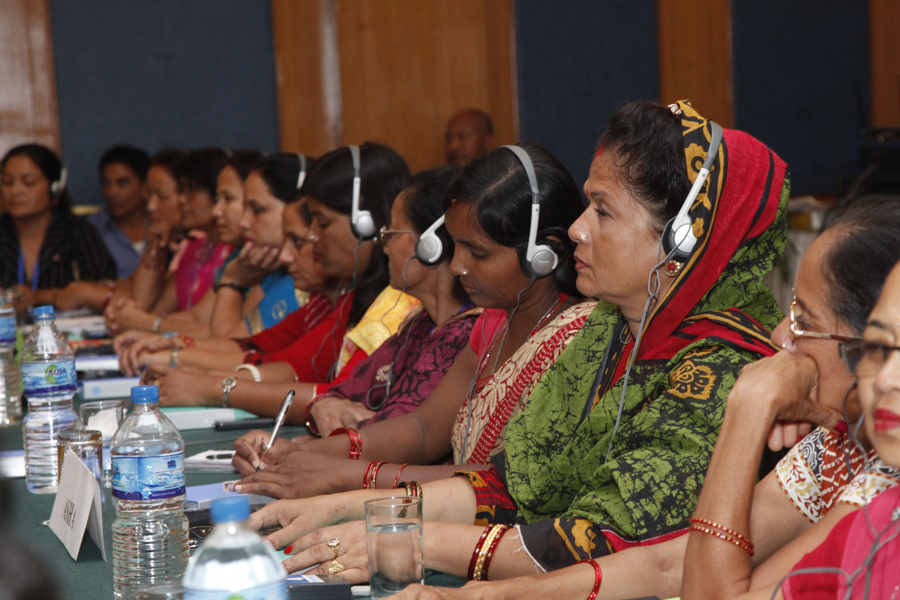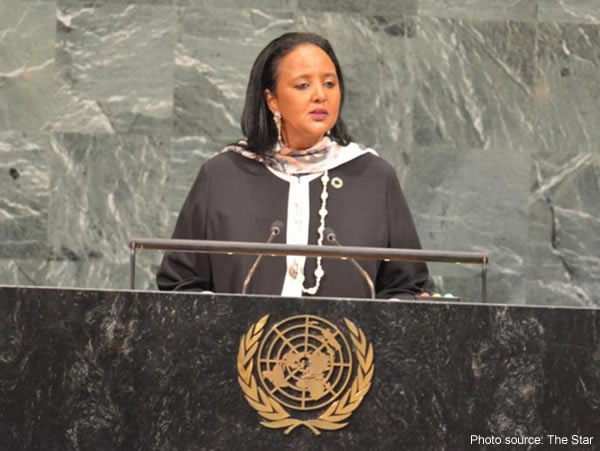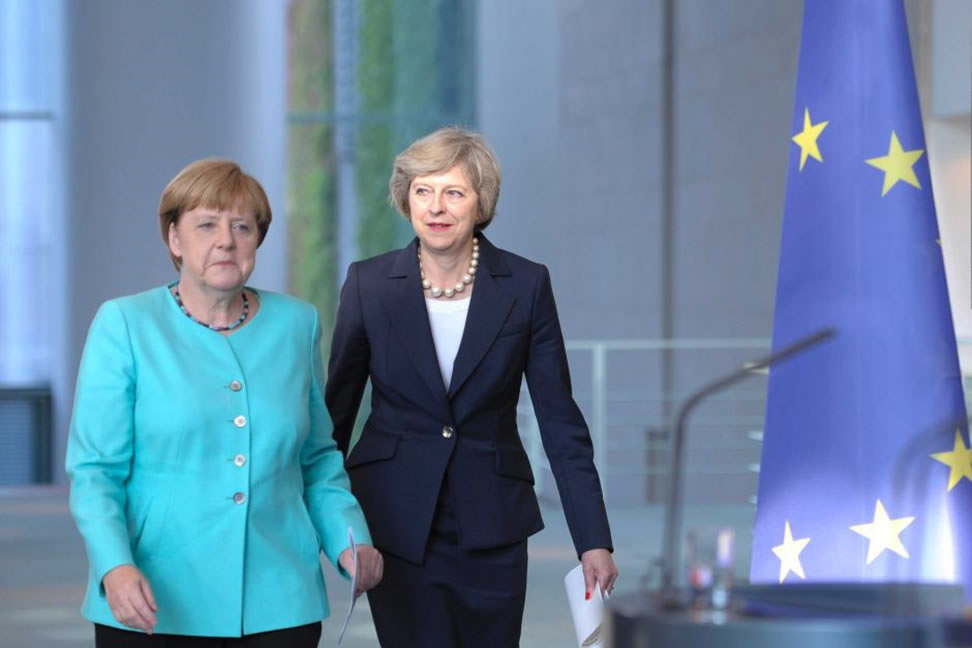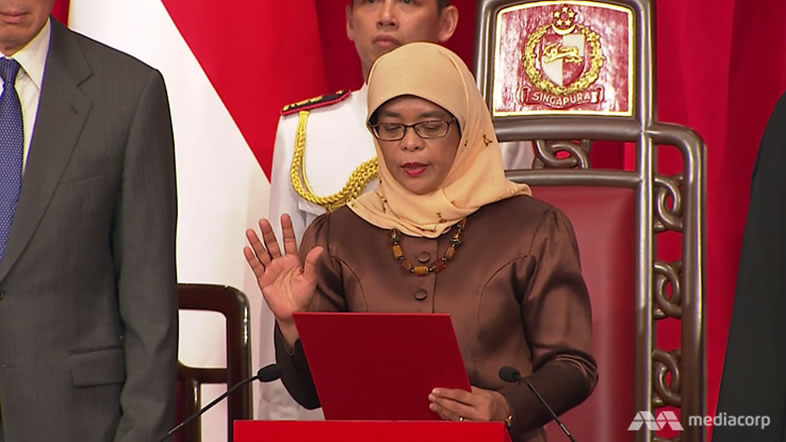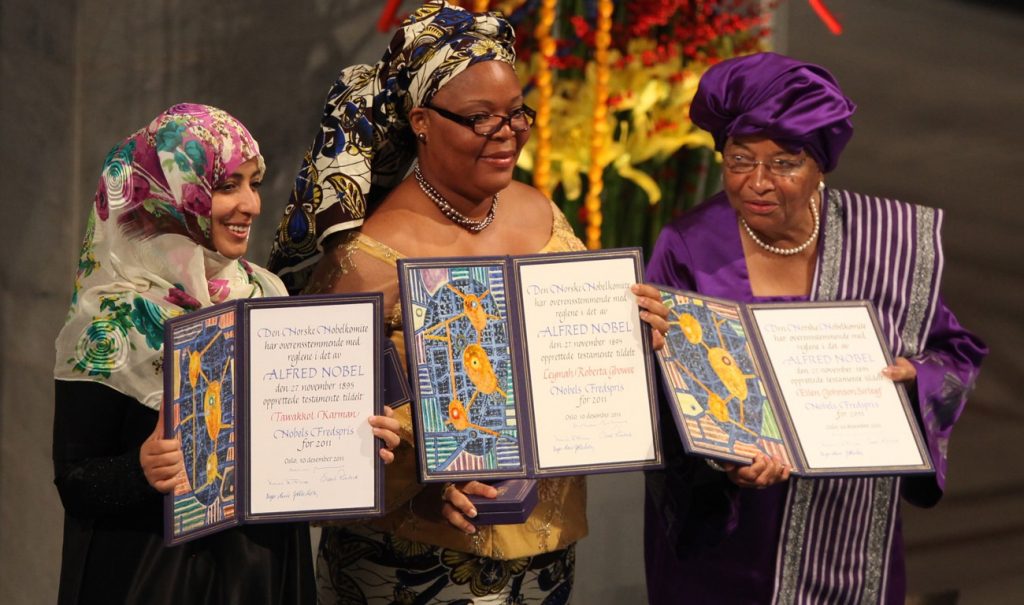“Female Candidates Face Violence and Abuse Ahead of Kenyan Elections” This was one of the headlines that graced the pages of Huffington Post in July 2017 prior to the last Kenya general elections. It was a case of bullying women out of governance yet we see leaders of the world hold conferences with elaborate themes pointing towards the strengthening of women’s participation in governance. Is the world truly ready to accommodate women in governance, or is it a finely orchestrated ploy to make women mere spectators? The Community of Democracies (CoD); a global intergovernmental coalition composed of the Governing Council Member States that support adherence to common democratic values and standards outlined in the Warsaw Declaration, in 2017, compiled several reports geared towards analyzing methods through which continents of the world can strengthen the participation of women in governance and other socio-economic activities. Excerpts from some of these reports will…
Greatness speaks for itself- Impeccable Career of Ambassador Amina Mohamed
Ambassador Amina Mohamed is a committed international civil servant who has a distinguished career in both public and foreign service. She has served in strategic government positions and been elected to key international positions. Her work experience in over twenty-six years covers a broad spectrum of domestic and international assignments. She rose through the ranks in Kenya’s diplomatic service to the highest level of Ambassador/Permanent Representative Kenya. Mission to the UN at Geneva from 2000-2006. She served as Director, Europe and the Commonwealth and Director Diaspora from mid-2006-2007 and was Permanent Secretary, Ministry of Justice, National Cohesion and Constitutional Affairs in 2008. Since July 2011 she has served as United Nations Assistant Secretary-General and Deputy Executive Director of the United Nations Environment Program (UNEP) at Nairobi. She is an excellent strategist and visionary anticipating the management needs of every organization she has been involved with. With her profound knowledge of…
MAKING A CASE FOR WOMEN IN LEADERSHIP.
I find it really intriguing that there is a systematic campaign to get more women into global politics and leadership positions across the world by women but the question rattling my mind is how ready they are to handle what comes with leadership and global politics. Angela Merkel the Chancellor of Germany and an eight-time winner of Forbes’ most powerful women once said “it seems to me that the fact that I am a woman is a bigger issue than the fact that I’m from the East. For me, it isn’t really important. I’ve only ever known myself as a woman.” While she was on a state visit to the United Kingdom; expressing these concerns about women in global politics. We could have seen an unprecedented shift in the dynamics of global leadership, if Secretary Clinton, the presidential candidate for the Democratic Party had won the US 2015 election and…
Female Models of Modern Singapore Development
The role and contributions of women in the affairs of their nation, especially developing countries, for several years, have been neglected and relegated to the background. However, the tide is changing and the mountains are giving ground. Singapore is a good example of one of such countries where women are participating actively in the position of governance and leadership. It can be positively argued that it is not just a significant progress that has been made by women in the Singaporean politics but dominance has been ensured considering the fact that it is a developing country. The Peak: Women in Singapore have served in lots of high positions but on the 13th of September 2017, they set a milestone in the politics of Singapore when Halima Binti Yacob became the first female president of the country. A feat she achieved without opposition. In a statement posited by Professor Tan,” this…
Finding a Suitable Position in a Fast-paced World
It is no longer news that the advent of digitalization has brought about a rapid change in economic and socio-political activities of world nations. It is also a fact that there has been an intensive push among women to assume positions of leadership in different spheres of influence. Shattering glass ceilings has not been an easy task; however, as women press for progress in the achievement of gender equality globally, the objective to not only have a quota system, but seize suitable leadership positions from which their voices can be heard has become paramount. A study conducted by the World Economic Forum found women in 63 out of 142 nations had served as the head of state or government in the 50 years leading up to 2014. As at February 2018, only a handful of women make the list of world leaders. Those women include H.E. Angela Merkel, the Chancellor…
What More Can Women Do to Make Their Mark in Government?
By Joshua K. Ogbonna. Politics has never been a strong point for women in particular regions or countries, but with democracy taking the center stage in most elective processes across the globe, a lot of women are coming into the picture and this was at its peak in 2017. The global movement for gender equity is meant to bring about social change leading to increased political participation by women. Legislating equality does not instantly guarantee a society’s acceptance of it. In Africa, Asia, and the Middle-east the focus of the women folk has largely been relegated to household upkeep but that narrative is being corrected by countries promulgating several women’s bill of rights and the active involvement in the political process – seeking elective positions and being voted for. According to a Chinese proverb, “Women hold up half the sky” and that has become internationally adopted to affirm women’s equal…
SAUDI ARABIA’S RECENT STRIDES
The reforms going on in Saudi Arabia are quite difficult to neglect. These reforms are in line with a wide-ranging plan announced by 32-year-old Prince Mohammed bin Salman to bring social and economic change to the oil-dependent kingdom, known as Vision 2030. The promotion of gender-based rights has hit a snag in Africa and the middle East where religion and widely held traditional beliefs have dominated a lot of decision-making and policy-formulating processes. There have been accusations of female activists, clerics, and academics as dissidents funded by the Western countries. In September, a royal decree said that women would be allowed to drive for the first time from June 2018 was pronounced. Prince Mohammed has said that “moderate Islam” was key to his plans to revolutionise the country. In a high-level business conference in Riyadh, Salman said “We are returning to what we were before — a country of moderate…

